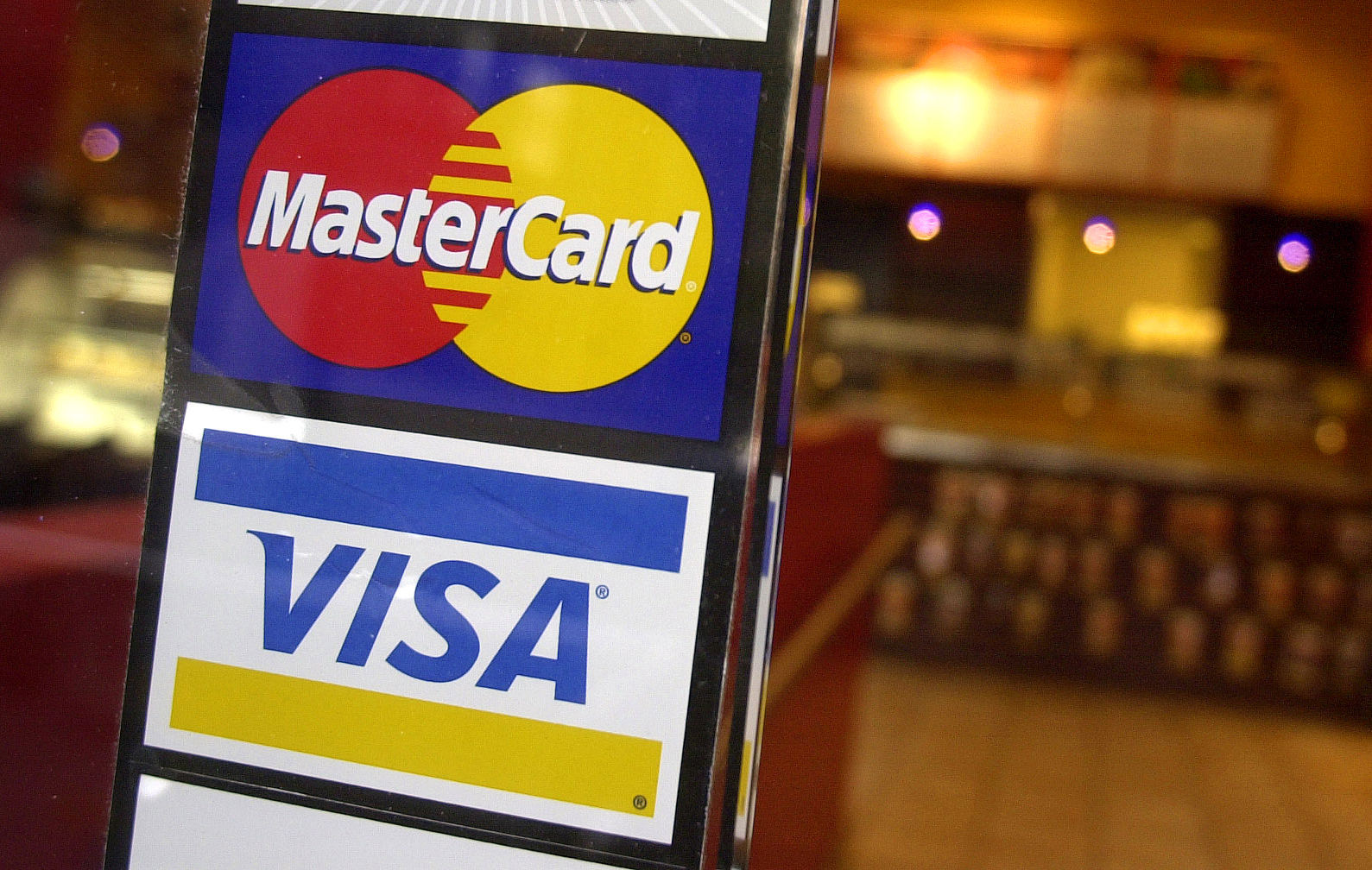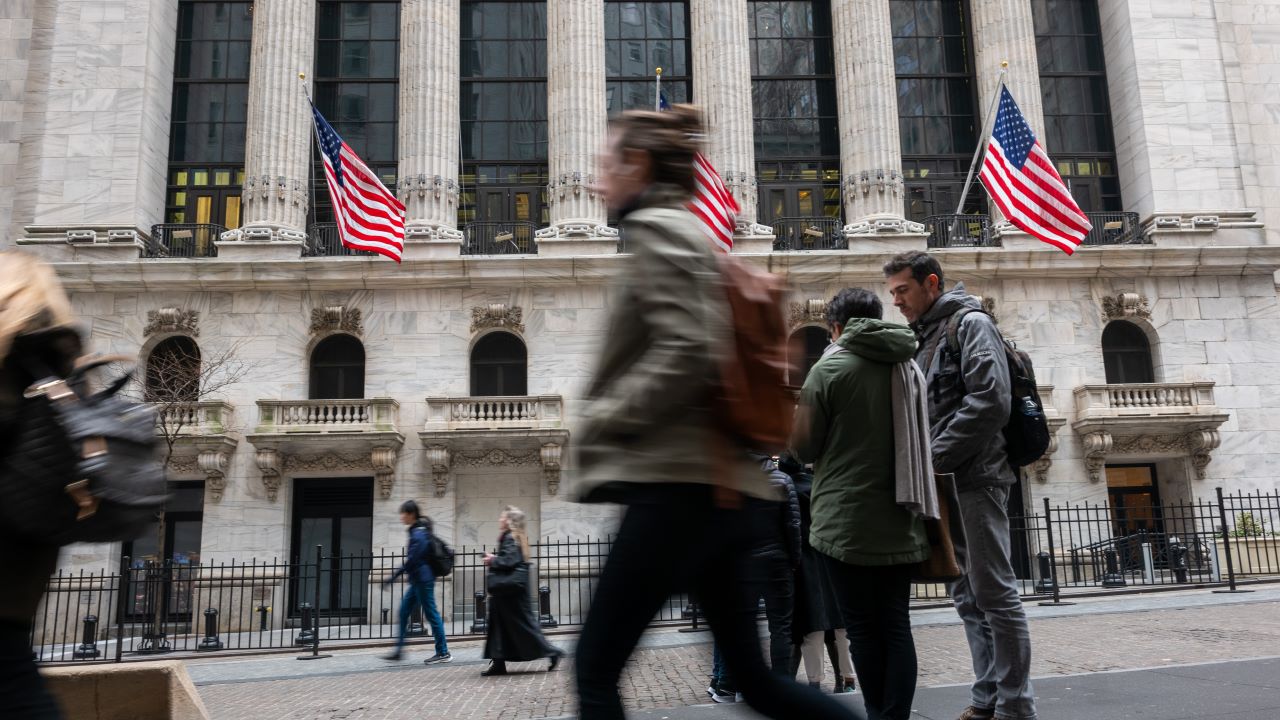By By Erik Forsberg
Copyright minnpost

Running a restaurant in downtown Minneapolis has never been simple. I’ve seen the highs, when bars and restaurants were packed with fans during the Super Bowl in 2018, and I’ve seen the lows, when COVID-19 emptied dining rooms and left many of us wondering if our businesses would survive.
Today, downtown is regaining its rhythm. Target employees are returning to their headquarters above my restaurant, Devil’s Advocate, and this fall we had the honor of being part of the inaugural Dinner Du Nord on Nicollet Mall. Forty local restaurants and food trucks came together to serve 2,000 guests along “America’s longest dinner table.” It was a powerful reminder of what makes our city’s hospitality community so special.
Moments like that keep me motivated. Restaurants aren’t just places to eat; they are gathering spaces that bring people together and make neighborhoods vibrant. But keeping a restaurant running today is harder than ever. Inflation has driven up the cost of everything from food to energy. Most of those costs are visible to customers. But there’s one expense that’s invisible, and yet just as punishing: credit card swipe fees.
Every time someone pays with a credit card, a percentage of that transaction goes to Visa and Mastercard. For many restaurants, swipe fees rank among the highest expenses.
Think about that. I employ dozens of people, invest in my community and work hard to give customers a good experience — yet the next biggest line on my balance sheet is money siphoned away by two companies that control roughly 80% of the credit card market.
This isn’t a free market at work. Visa and Mastercard dictate fee schedules, and the major banks follow their lead rather than competing. Small businesses like mine have no choice but to accept their terms. In Minnesota, this adds up to nearly $1.8 billion drained from our economy every year. And consumers ultimately feel the pinch too, since higher costs for businesses mean higher prices on menus and store shelves. Nationwide, swipe fees cost the average household about $1,800 a year.
That’s why I’m urging Minnesota’s U.S. senators, Amy Klobuchar and Tina Smith, to support the Credit Card Competition Act (CCCA). This bipartisan bill would finally bring real competition into credit card processing. It would require the largest banks to enable at least two processing networks for each credit card transaction. If there were alternatives to Visa and Mastercard, they would have to lower their fees or risk losing business to more affordable networks.
The CCCA isn’t a bailout or a handout. It’s a straightforward reform that would level the playing field for small businesses and consumers alike. Independent studies estimate Minnesotans could save nearly $300 million a year in swipe fees if the bill passes. That money would stay here — supporting small shops, keeping restaurants like mine going, and giving families a break at a time when budgets are stretched.
I’ve spent decades working in Minneapolis restaurants. I’ve celebrated the big events, survived the hard times and worked shoulder to shoulder with other small-business owners who care deeply about this community. We don’t expect special treatment. What we need is a fair system, one where two corporations can’t dictate the terms of every credit card transaction in America.
Sens. Klobuchar and Smith have always spoken about the importance of small businesses to Minnesota’s economy. Supporting the Credit Card Competition Act is a chance to show it. By helping pass this bill, they can stand with Main Street, strengthen our state’s economy and make life a little more affordable for families.
It’s time to swipe back.
Erik Forsberg is a longtime Minneapolis restaurateur who owns Devil’s Advocate and is currently developing a new restaurant concept in Victoria, Minn.



